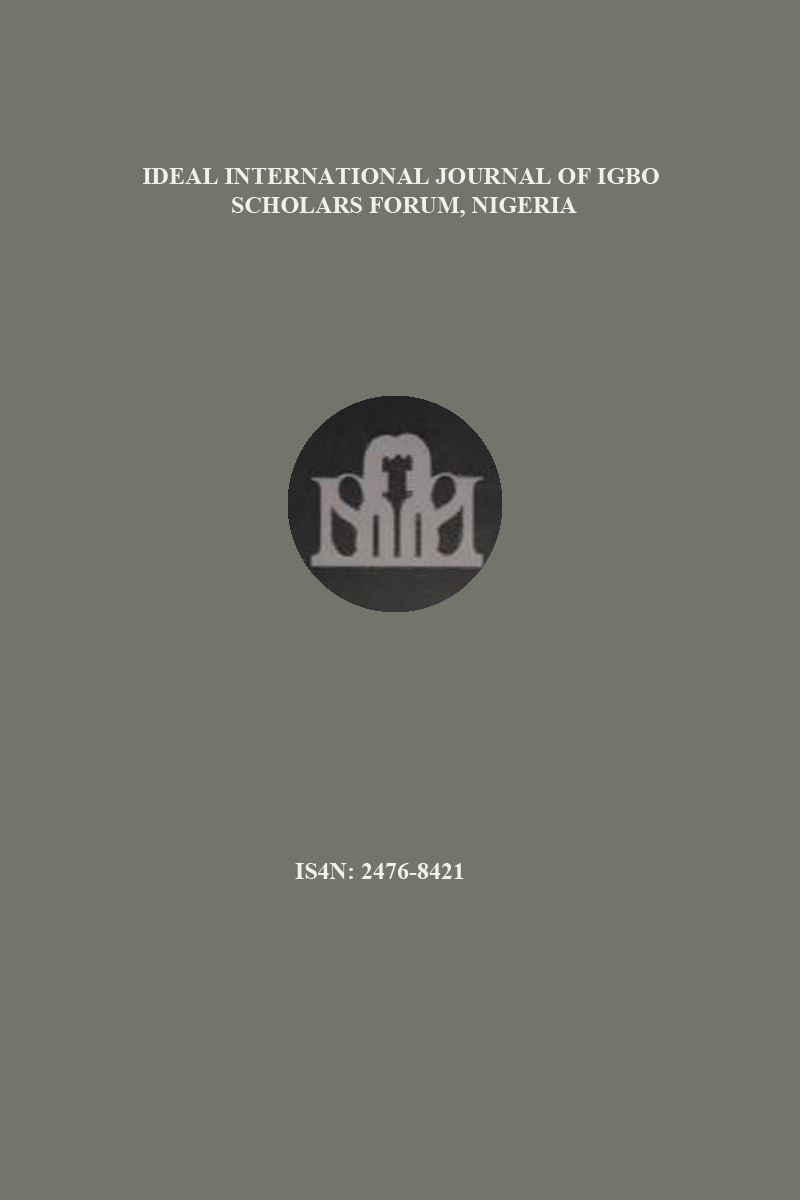NATIONAL INTEREST IN INTERNATIONAL RELATIONS: WHOSE INTEREST?
Abstract
The concept of national interest is central to the study of international relations, often guiding the foreign policies of states. However, the question of "whose interest" national interest represents is a complex and contested issue. While traditionally framed as the collective interest of a nation-state, national interest can reflect the priorities of policy makers of a state, the leader of such state or dominant political, economic, or social groups within a society, rather than the population as a whole. This paper examines the competing perspectives on national interest, exploring how it is constructed, who defines it, and the extent to which it aligns with the broader public needs and aspirations. Through a review of realist, liberal, and constructivist theories, this paper argues that national interest is not a fixed or neutral concept but is shaped by power dynamics, ideological, and institutional structures. Secondary source of data collection and content analytical technique were deployed for the study. Findings reveal that in the formulation of national interest, the interest of the actors behind the formulation is prioritized. Understanding this is crucial for analysing both the motivations behind foreign policy decisions and their impact on global power relations.


